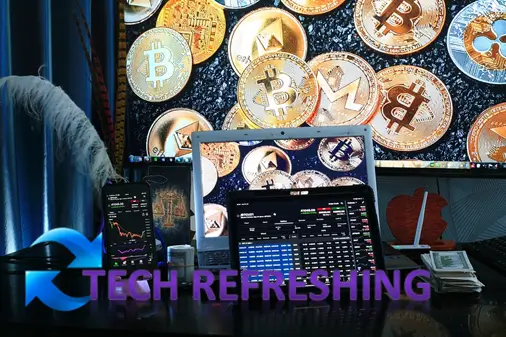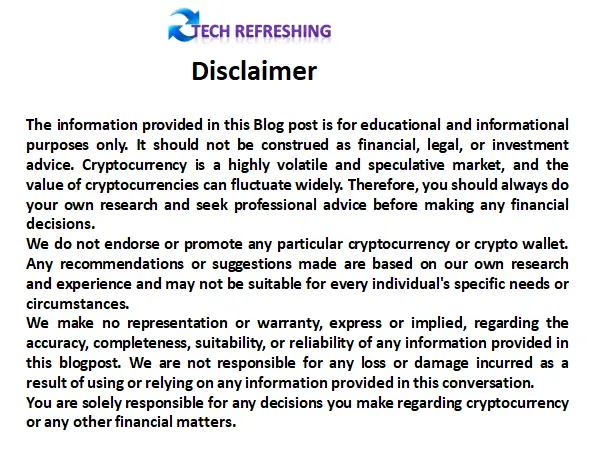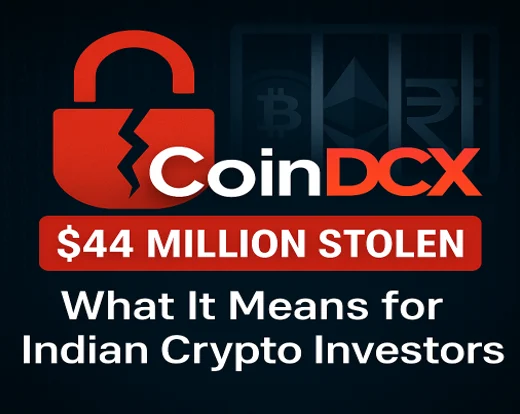
Hong Kong to Allow Retail Investors to Buy Big-Cap Cryptocurrency Tokens
Hong Kong’s Securities and Futures Commission (SFC) has proposed a new policy that would allow retail investors to trade big-cap cryptocurrency tokens such as bitcoin and Ether. The move comes as the city continues to emerge as a virtual-asset hub, with new policies unveiled last year legalising retail access to cryptocurrency trading.

New Policy Proposal
According to the SFC, retail investors will be allowed to trade liquid digital tokens on licensed virtual-asset platforms, which will provide certain regulatory oversight and investor protections to once vibrant but unregulated cryptocurrency investment activities. These platforms will be licensed through a cryptocurrency regulatory regime that comes into effect on June 1 this year and can only offer “eligible large-cap virtual assets” to retail investors. The SFC stated that eligible large-cap virtual assets must be listed in at least two acceptable indices, issued by independent index providers. The consultation period for the proposed policy is scheduled to conclude on March 31.
Effective Regulation Needed
The SFC said that collapses in the past year “resulted in substantial losses to tens of millions of investors” and exposure risks arising from the “increasing interconnectedness” between the virtual-asset market and the traditional financial system. The Securities and Futures Commission (SFC) emphasized the importance of effective regulation and has proposed a new regime that would enable exchanges to decide which cryptocurrency tokens retail investors can trade, as well as how much they can invest. In addition to this, licensed platforms would be required to perform knowledge assessments on investors prior to serving them and establish exposure limits for customers based on their financial situations.
Committee to Oversee Token Admission and Review
Platforms will need to consider a range of general factors, such as a virtual asset’s management team, its maturity and liquidity, and the security infrastructure of its blockchain protocol, before offering these tokens to investors. They will also set up token admission and review committees, which will be responsible for following through with the SFC’s admission criteria and for making final decisions on whether to admit, halt, suspend, or withdraw offerings.
New Virtual-Asset Platform Licensing Regime
Last year, Hong Kong introduced policies that legalized retail access to cryptocurrency trading, as it aimed to become a virtual-asset hub. In December, the city passed the Anti-Money Laundering and Counter-Terrorist Financing (Amendment) Bill 2022, which established a new licensing regime for virtual-asset platforms. The Securities and Futures Commission (SFC) has stated that after June 1, engaging in cryptocurrency trading without a license will be considered a criminal offense.
Conservative Stance
Hong Kong has taken a conservative stance towards cryptocurrencies since 2018, limiting cryptocurrency trading on licensed exchanges to professional investors – defined as individuals with a portfolio of at least HK$8 million (US$1 million). Retail investors who are interested in virtual assets often turn to unlicensed or overseas exchanges, exposing themselves to various risks. The proposed policy aims to permit retail trading on platforms that fall under the regulation of the SFC.
Impact on the Cryptocurrency Industry
Hong Kong’s stance has drawn the attention of cryptocurrency firms based in the United States, where recent crackdowns have triggered an industry outcry. Last week, Brian Armstrong, the CEO of Coinbase, expressed on Twitter that the United States was at risk of losing its position as a financial hub to regions such as Hong Kong. In addition, Cameron Winklevoss, the co-founder of Gemini, also shared on Twitter that the “next bull run” for cryptocurrencies would begin in the East.
Conclusion
In conclusion, Hong Kong’s proposal to allow retail investors to trade big-cap cryptocurrencies on licensed virtual-asset platforms is a significant development for the cryptocurrency industry. The move aims to provide regulatory oversight and investor protections to once unregulated cryptocurrency investment activities, while also addressing the increasing interconnectedness between the virtual-asset market and the traditional financial system.
The new policy proposal highlights the importance of effective regulation and establishes a new virtual-asset platform licensing regime, which will help ensure a more secure and reliable trading environment for investors. It remains to be seen how the proposal will impact the cryptocurrency industry in Hong Kong and beyond, but it is clear that the move is an important step towards mainstream adoption of cryptocurrencies as an investment asset class.
Disclaimer








